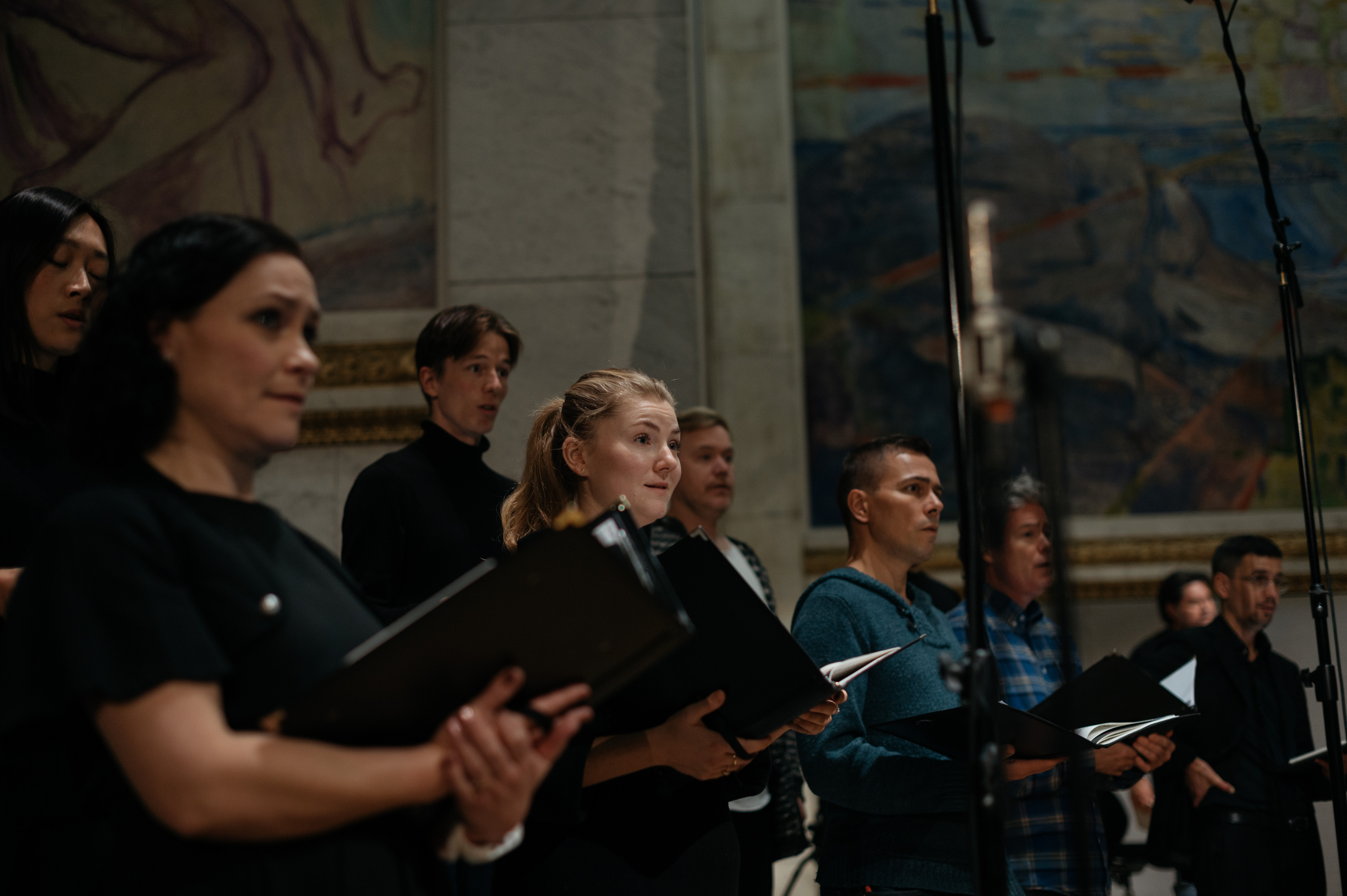Musical treasures
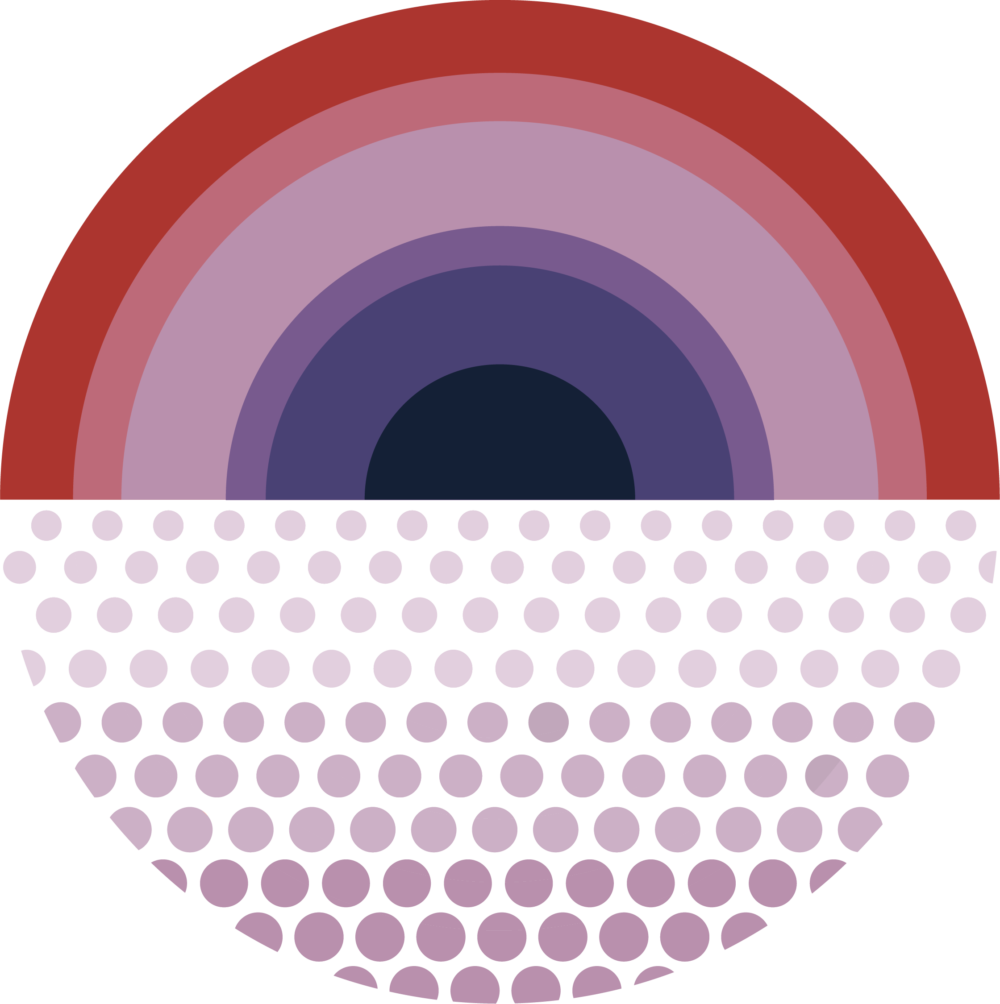
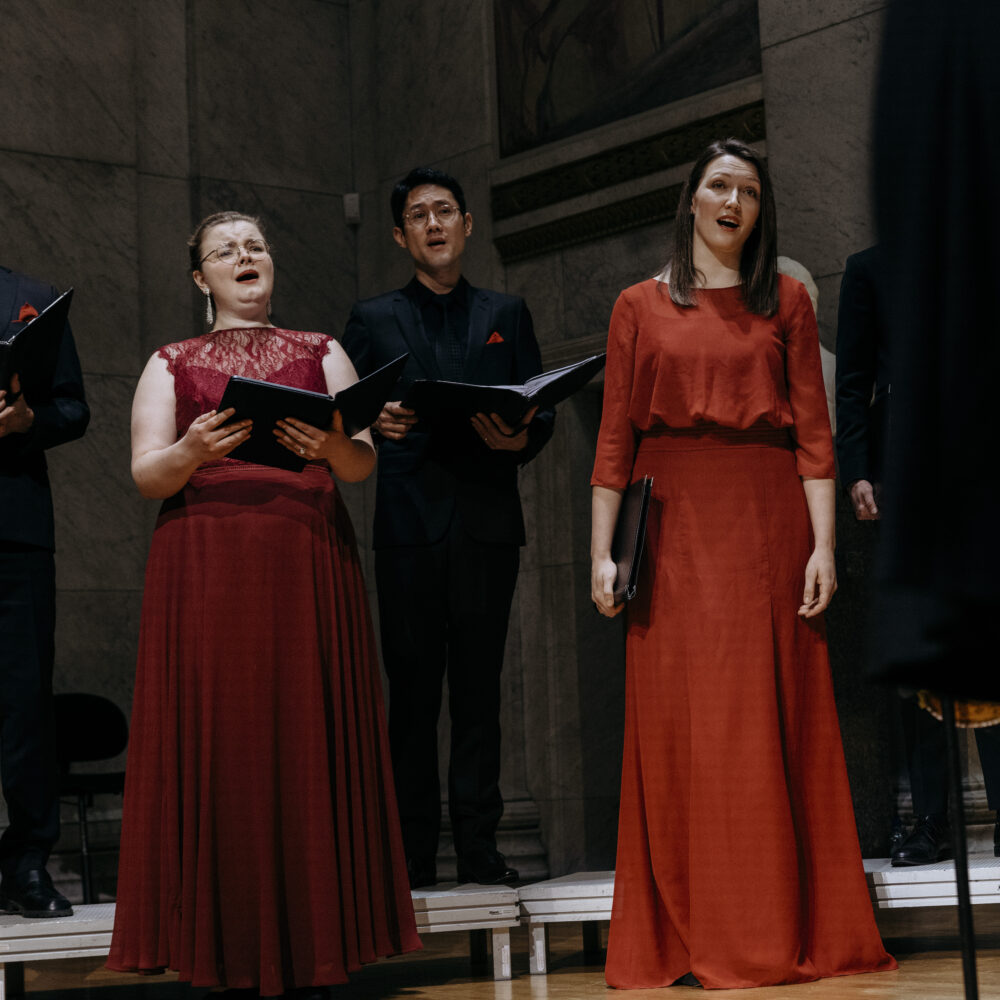
Welcome to "Absolutt Solistkoret," a concert series where The Norwegian Soloists' Choir, conducted by Grete Pedersen, performs some of the finest works written for a cappella choir.
This music demands top-notch performances from singers and conductor alike, emphasizing unity and musicality—a feat of subtle yet substantial musical content. Here, the audience will experience the sound of the Soloists' Choir in its purest form!
The first concert in the series features music by composers Francis Poulenc, Anna Berg, André Jolivet, and Sergei Rachmaninoff.
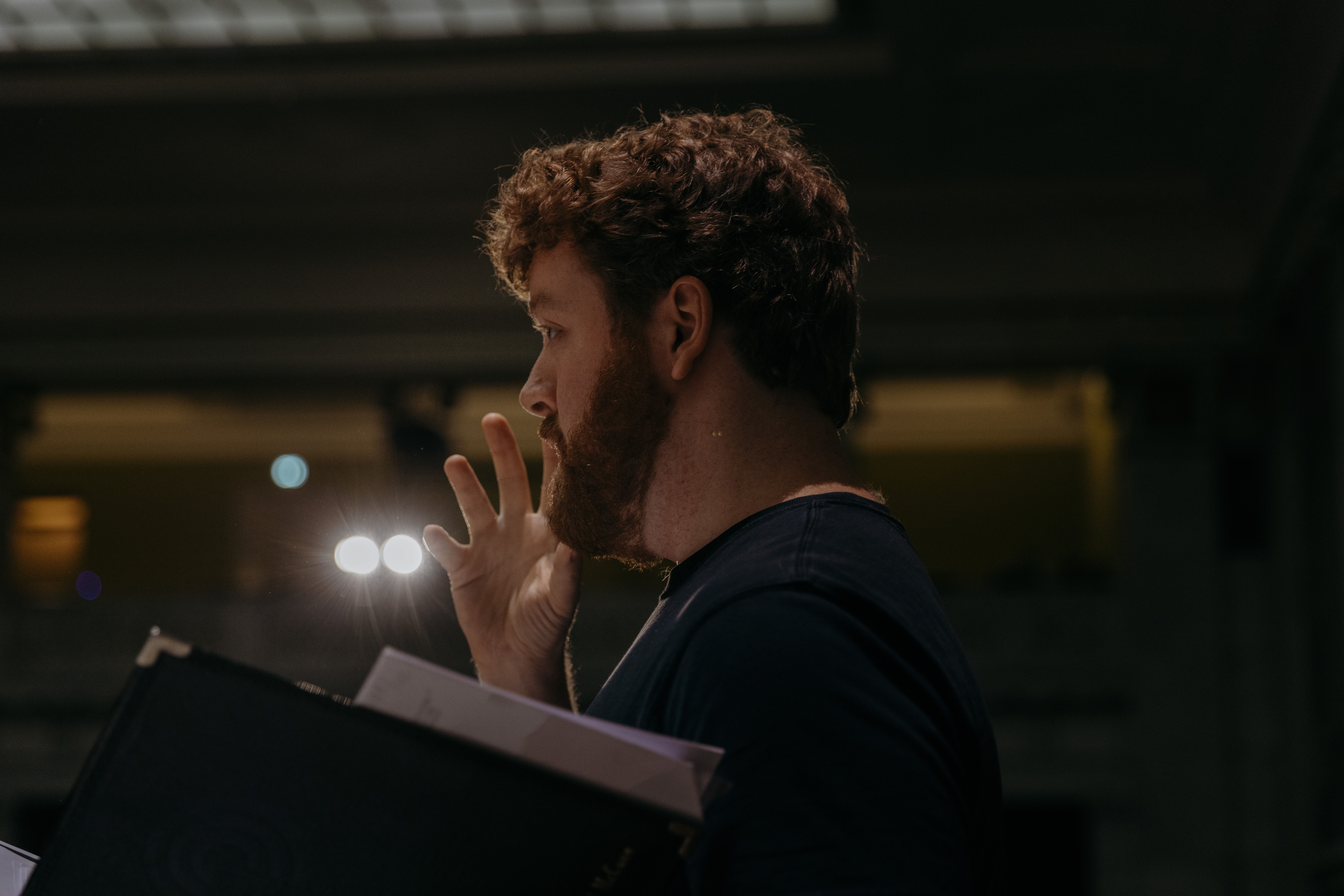
Program
Sergej Rakhmaninov (1873 – 1943): Vesper (excerpts)
Francis Poulenc (1899– 1963): Sept Chansons (excerpts)
André Jolivet (1905 – 1974): Épithalame
The program will be updated.
With innovative vigor and artistic vision, conductor Grete Pedersen has led the Norwegian Soloists' Choir to ever greater musical heights. In the summer of 2025, she passes on the baton after 35 years as artistic director, coinciding with the choir's 75th anniversary. The upcoming season is dedicated to a grand celebration of her final season with the choir.
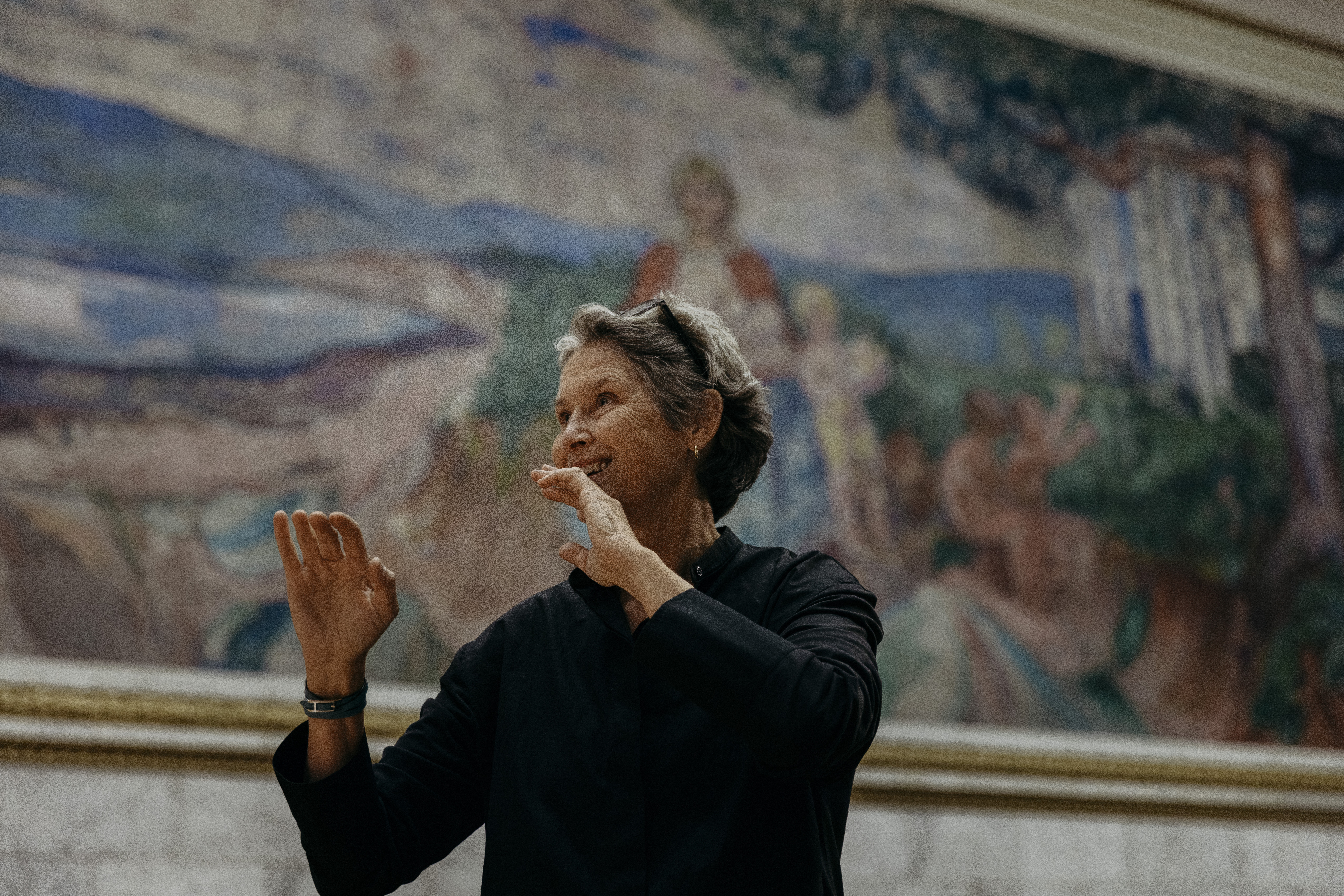
The heartfelt and moving choral work Vesper was composed in just a few weeks in 1915 and is considered among Sergei Rachmaninoff's finest compositions. It is also one of the pieces the composer himself was most satisfied with. Excerpts from the work will be performed in this concert. Vesper (Latin for evening) is a vesper prayer observed in several Christian traditions around sunset. The work is subdued and contemplative, featuring strikingly beautiful tonal colors and complex harmonies.
Francis Poulenc has composed some of the most beautiful, characteristic, and lively pieces for choir a capella. He was strongly influenced by the musical trends of Paris during his time, and many will hear the proximity to jazz music in his works. Sept Chansos from 1936 is known for its closeness to everyday life, its apparent simplicity, and irony. The texts are written by poets Guillaume Apollinaire and Paul Éluard, prominent figures in French surrealism, both of whom had a significant influence on Poulenc.
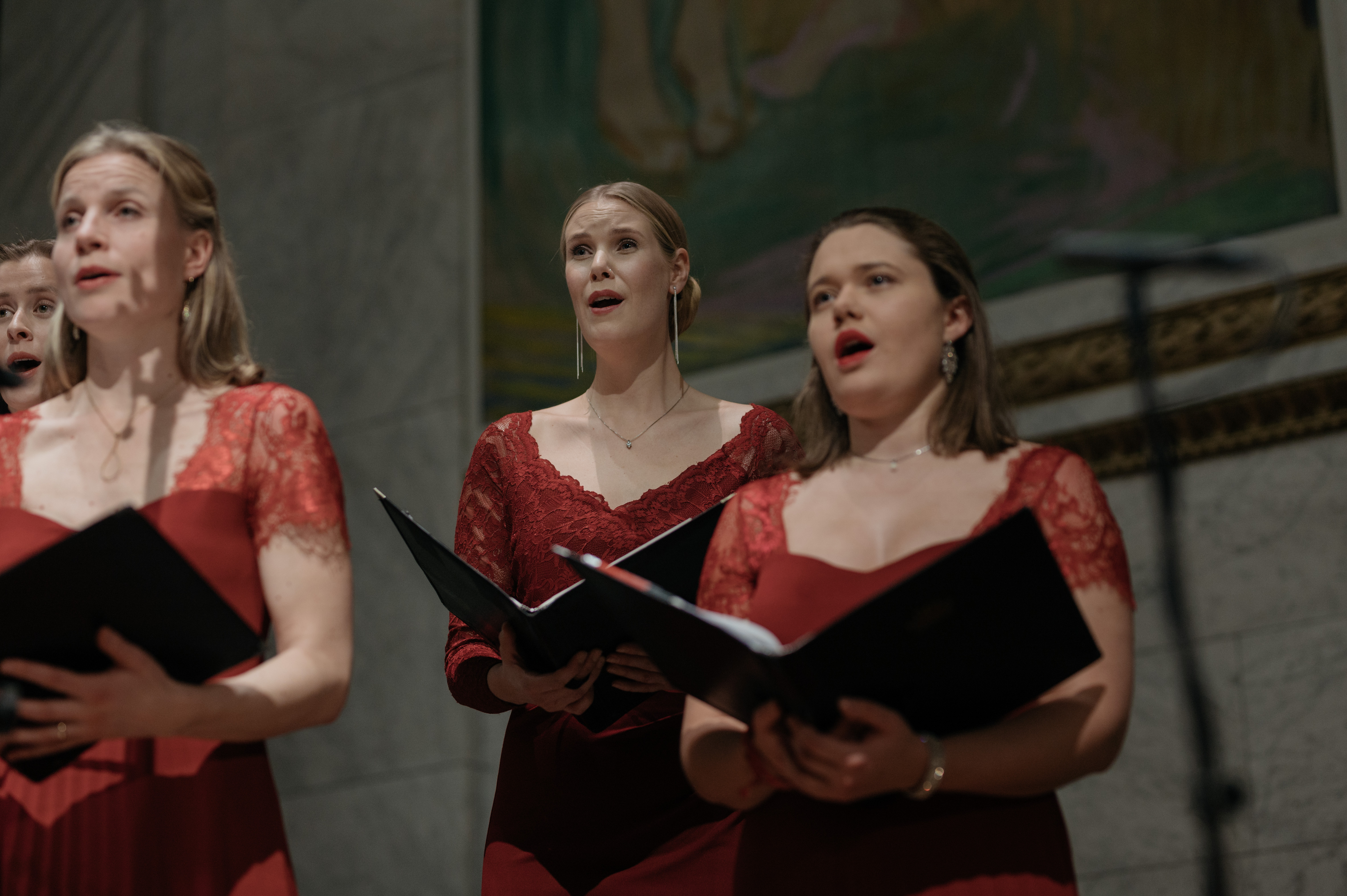
The poems are set to music with a wide range of tonal colors and emotions. Simple melodies meet complex harmonies and rhythmic variations, coloring the imagery of the texts in a varied and precise manner.
French composer André Jolivet wrote Épithalame for his wife Hilda on the occasion of their 20th wedding anniversary. The work is an ecstatic tribute to happiness, love, and intoxicating infatuation.
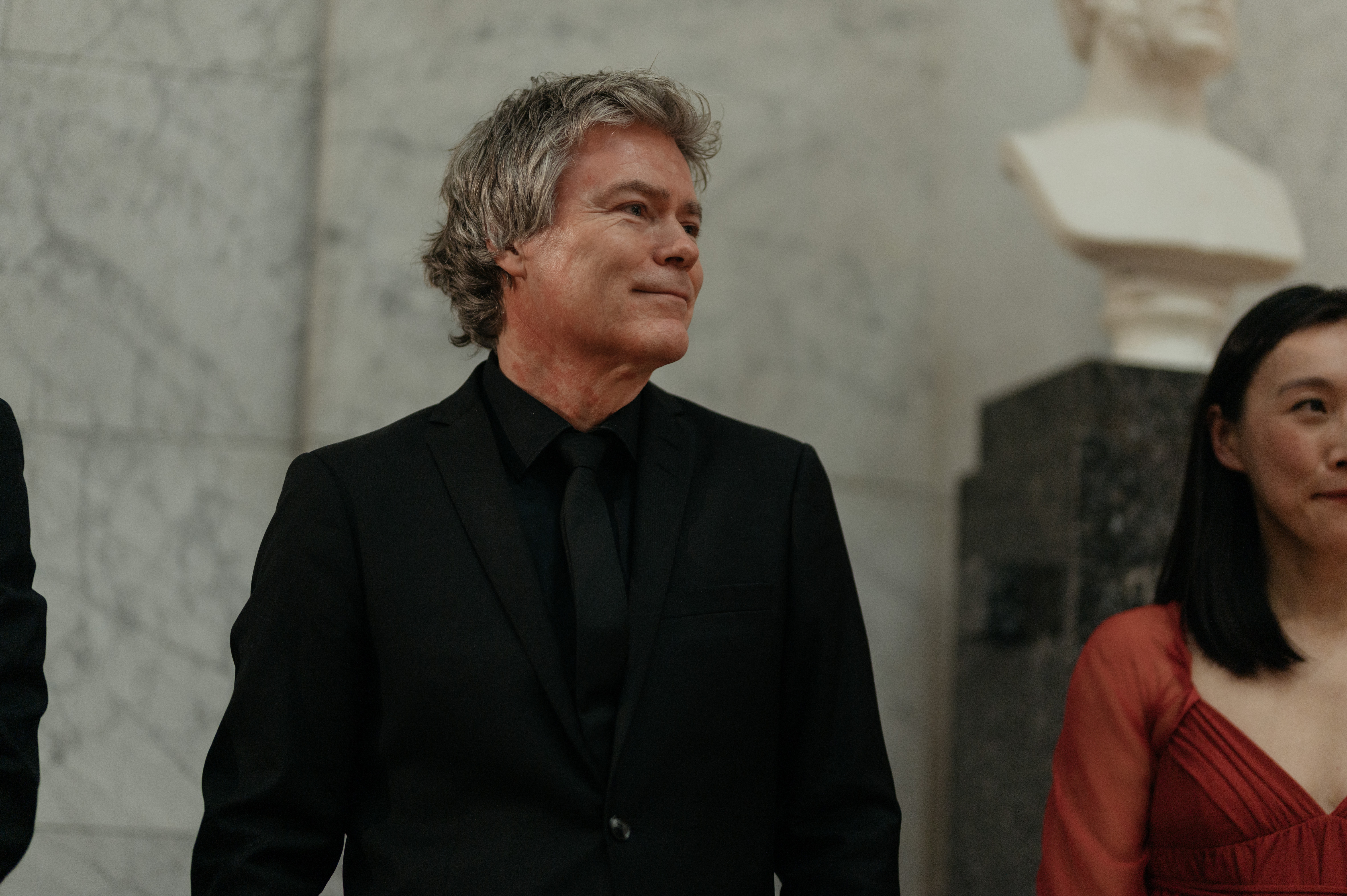
The word Épithalame refers to a wedding song or hymn traditionally performed in ancient times to celebrate marriage.With captivating rhythms and sounds, the work portrays the forces that draw us together in love. The text is based on sacred texts of Egyptian, Hebrew, Chinese, Hindu, and Greek origin.
The piece is considered one of the most demanding and virtuosic works written for choir, and it is extremely rare for this work to be performed live for an audience.
